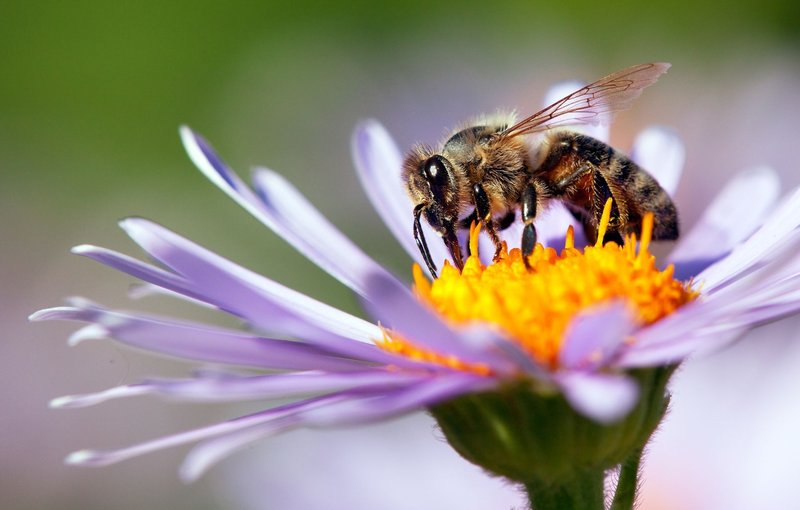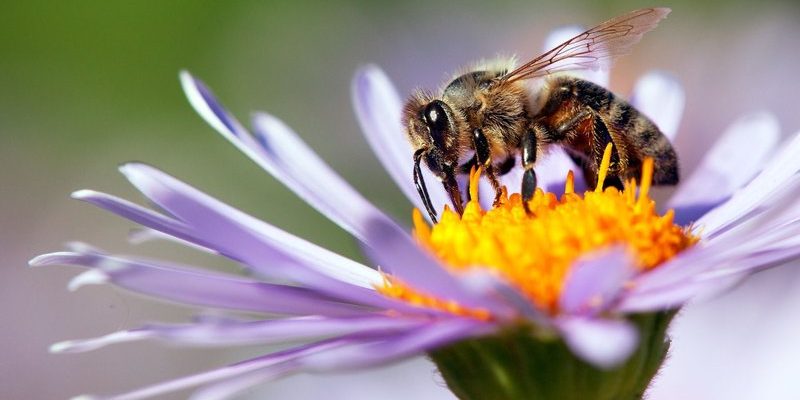
Now, many people might not realize that these little creatures do more than just sting. They’re involved in pollination, pest control, and even decomposition. Think of them as nature’s unsung heroes. So, let’s dive deeper into the world of wasps and explore their varied jobs, especially that fascinating role of pollination.
What Is Pollination, and Why Is It Important?
Pollination is a vital process in nature that helps plants reproduce. It involves transferring pollen from the male part of a flower to the female part, which can lead to the production of seeds. Picture it like a gentle nudge from a friend that helps you express an idea you’ve been holding back. Just as that nudge encourages growth in conversation, pollination encourages growth in plants.
Without pollinators, many of the foods we love—like apples, berries, and nuts—would be much harder to find. Wasps contribute to this process by visiting flowers to feed on nectar. As they move from blossom to blossom, they inadvertently transfer pollen. This helps ensure that plants can produce the fruits and seeds we depend on.
How Do Wasps Contribute to Pollination?
Wasps are often overshadowed by more popular pollinators like bees and butterflies. Yet, many species of wasps are also effective pollinators. While they may not have the same fuzzy bodies that allow bees to collect pollen easily, they still play a crucial role.
When a wasp visits a flower, it’s usually looking for food, particularly protein or nectar. In the process of collecting these food sources, pollen sticks to their bodies and gets transferred to other flowers. It’s a classic case of “you scratch my back, I’ll scratch yours.” The plant benefits from getting pollinated, and the wasp gets a meal in return.
The Pest Control Experts
Another impressive job that wasps do is pest control. Many wasps are predators that hunt down insects, like caterpillars and aphids, that can damage crops and gardens. Imagine wasps as tiny, flying superheroes, swooping in to save plants from harmful pests. This natural form of pest control is not only fascinating but also incredibly beneficial for farmers and gardeners alike.
How Do They Hunt Their Prey?
Wasps have a unique hunting method. They actively search for pests, paralyzing their prey with their stings. Once immobilized, the wasp takes the pest back to its nest to feed its larvae. It’s like an on-the-go restaurant service for little ones! By controlling pest populations, wasps help maintain a healthy balance in ecosystems.
You might be wondering how this impacts you. Well, fewer pests in your garden can lead to healthier plants and potentially bigger yields for farmers. It’s a win-win situation, making wasps quite valuable in agricultural and home gardening contexts.
Decomposers in the Ecosystem
Let’s not forget that wasps also play a role in decomposition. They help break down organic matter, like dead animals and decaying plants, which is important for nutrient cycling in the ecosystem. Think of them as nature’s clean-up crew, ensuring that everything stays in tip-top shape.
The Importance of Decomposing for Soil Health
As wasps feed on dead and decaying matter, they contribute to soil health. By breaking down organic materials, they help return nutrients to the soil, which in turn promotes plant growth. This is essential in maintaining healthy ecosystems and fields, making wasps even more significant than you might think.
Without these decomposers, we’d be overrun with waste, and the cycle of life would struggle to continue.
Social Structure and Nesting Behavior
Now that we’ve covered their main roles, let’s talk about how wasps live and work together. Many wasps are social insects, forming colonies with complex social structures. These colonies can range from just a few individuals to thousands, depending on the species.
How Do Wasp Communities Function?
In a wasp colony, there’s usually one queen who lays eggs, while the worker wasps take care of foraging for food and building the nest. Think of it as a well-organized team, each member doing their part to ensure the survival of the group. Without their collaborative efforts, their populations wouldn’t thrive.
It’s fascinating to see how teamwork in the insect world mirrors teamwork in humans, isn’t it?
Misperceptions About Wasps
Despite their many benefits, wasps often get a bad rap. Many people view them purely as stinging pests. But, as we’ve discussed, their roles in pollination, pest control, and decomposition are super valuable.
Why They Might Sting
Wasps sting when they feel threatened. It’s their way of protecting themselves or their nest. If you leave them alone, they’re generally not out to hurt you. Recognizing their importance can help change the narrative surrounding these misunderstood insects.
By understanding that wasps have so many positive contributions, perhaps we can all learn to coexist a bit more peacefully with them. After all, they’re doing their best to help our environment.
In summary, wasps do a lot more than irritate us at picnics. They are crucial pollinators, effective pest controllers, and important decomposers. By understanding their roles, we can appreciate them more and learn to coexist peacefully.
So next time you see a wasp buzzing around, try to think about the good it does for the environment rather than just the sting it could deliver. Nature has a way of working together, and every little creature plays its part, even those that seem bothersome at first glance. Remember, every buzzing wasp is a tiny cog in the vast wheel of life, keeping our ecosystems healthy and vibrant.

